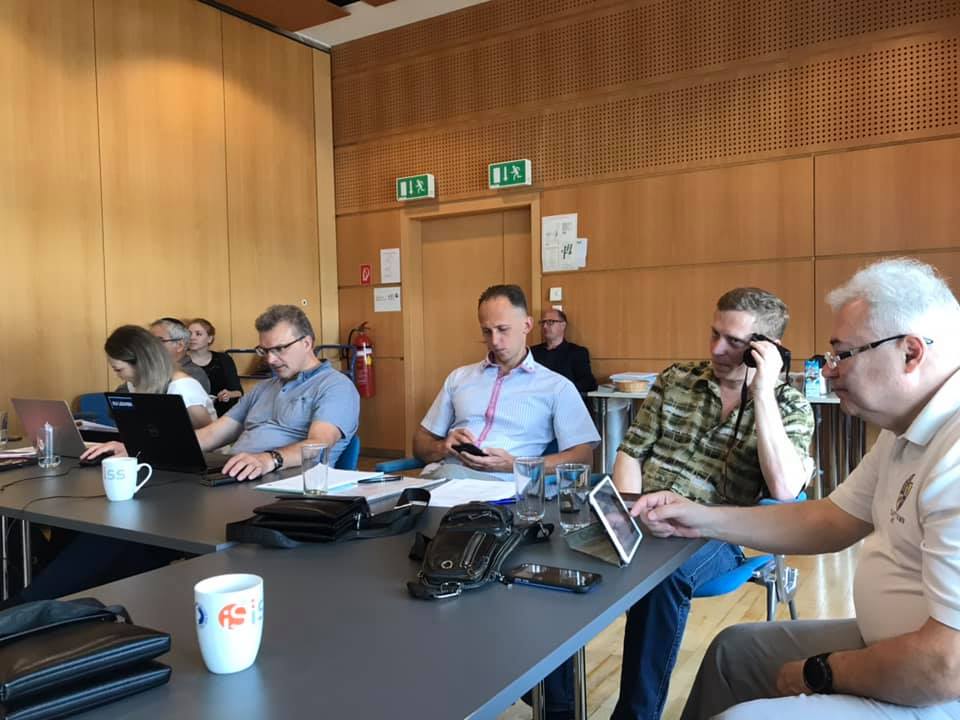[vc_section][vc_row][vc_column][vc_row_inner][vc_column_inner width=”1/4″][vc_single_image image=”2733″ img_size=”full” el_class=”.non-padding” css=”.vc_custom_1572442136367{margin-right: -15px !important;margin-left: -15px !important;}”][/vc_column_inner][vc_column_inner width=”1/2″][/vc_column_inner][vc_column_inner width=”1/4″][vc_column_text]
Dr. Tom Trigano
[/vc_column_text][/vc_column_inner][/vc_row_inner][/vc_column][/vc_row][vc_row][vc_column width=”1/4″][vc_column_text css=”.vc_custom_1639679578956{margin-left: -15px !important;padding-top: 5px !important;}”] Syllabus
Moodle
Learning materals
[/vc_column_text][/vc_column][vc_column width=”3/4″][vc_column_text]
In recent years, the artificial intelligence revolution has been taking place, affecting every aspect of our lives. The main component used today in AI is Machine Learning algorithms, based on deep learning methodology. One of the most challenging areas for implementing this methodology is the field of bioengineering. In this course, we will become familiar with the world of artificial intelligence as a whole, and the deep learning in particular, focusing on biomedical applications on their challenges. The course combines theoretical learning with significant practical experience, using TensorFlow and Keras as core deep learning platforms.
.
Main topics:
Selected References:
Teaching material:
[/vc_column_text][/vc_column][/vc_row][/vc_section]



